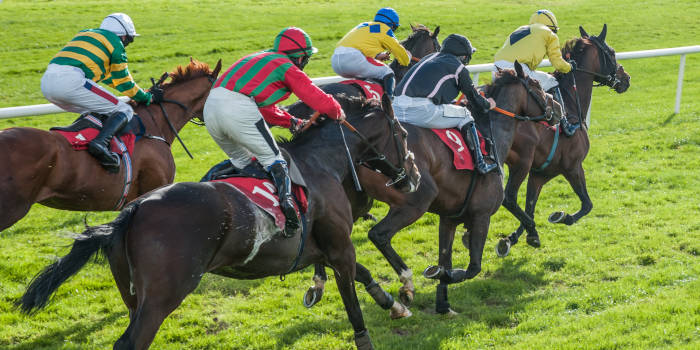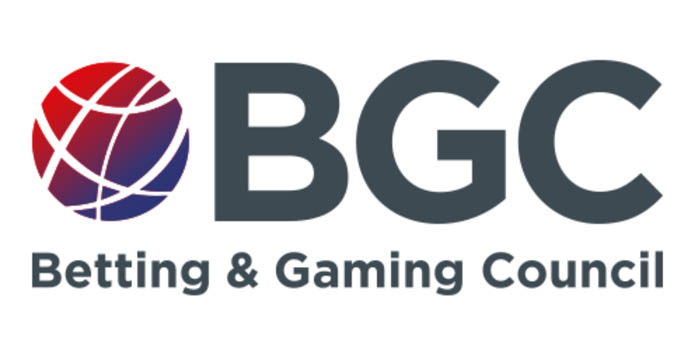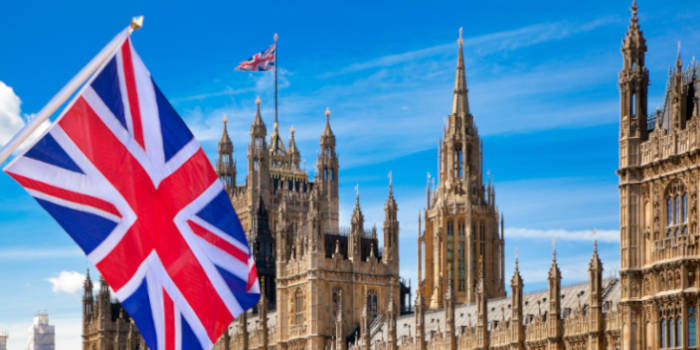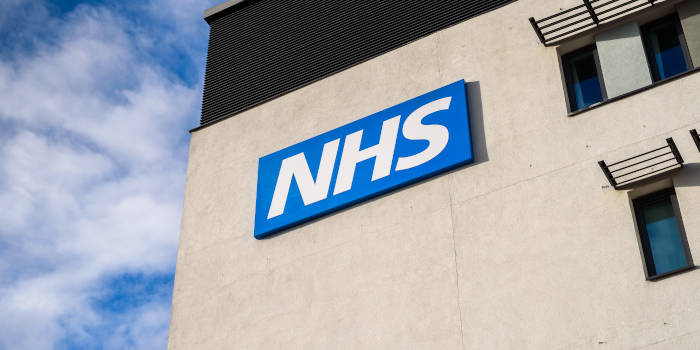UK Betting and Gaming Council Praises Whistle Ban Success

The UK Betting and Gaming Council, an organization dedicated to upholding integrity in the iGaming and betting industry and protecting consumers, released a statement on Friday, September 11, praising the success of the whistle-to-whistle ad ban, which has helped limit underage individuals’ exposure to gambling advertisement.
The whistle-to-whistle ban was introduced on August 1, 2019 at the behest of gambling companies and amid growing concerns that more children in the United Kingdom are exposed to gambling products. Based on the agreement negotiated between gambling firms, no gambling ads are displayed on television during sports broadcasts before 9:00 pm.
With the new English Football League and Premier League season on the cards, the BGC was pleased with the results so far. BGC chief executive Michael Dugher shared his excitement to see soccer return to TV, noting that it was the best medium for enjoying the game.
The Betting and Gaming Council has unveiled tough new measures aimed at further preventing under-18s from seeing online betting adverts. Keeping young people safe is key to our mission to drive higher industry standards.
— Betting and Gaming Council (@BetGameCouncil) September 12, 2020
Read the full story here:https://t.co/O9tNuhW4T3
The EFL and EPL have also done considerable efforts to restart their regular seasons and make it possible for fans to enjoy the game once again. Live attendance, though, still remains a contentious issue and the season will begin without fans on the stadiums.
Nevertheless, Dugher didn’t miss to note that he was delighted with the progress achieved so far and noted that the whistle-to-whistle ban has effectively eliminated young people’s exposure to gambling adverts on TV during commercial breaks.
How Success Has the Ban Been, Really?
To gauge the effectiveness of the whistle ban, the BGC turned to a reputed big data company, Enders Analysis, which estimated that the amount of gambling ads seen by children during commercial breaks fell by whopping 97%.
The survey covered children between 4 and 17-year-olds as the primary group previously exposed to aggressive gambling advertisement. Within five months of rolling out the measure, the number of betting ad views fell by the impressive 1.7 billion. Overall exposure to gambling ads during live broadcasts before 9 pm fell by 78%.
Similarly, ads after 9 pm saw a 28% per cent drop as some companies have decided to scale back the money they invest in advertisement. The ban states that no betting ads may be broadcast on television five minutes before and after a game’s start and end, unless the game begins at 9 pm.
The whistle-to-whistle didn’t intend to just restrict advertisement, but rather improve standards across the board. However, the negotiated changes didn’t affect the National Lottery. One notable change that transpired from the measure was to see that at least 20% of gambling ads contained various responsible gambling messages.
Lawmakers in the United Kingdom have been somewhat sceptical of how some companies have been using their safer gambling messages slots, though, arguing that operators have sought to mask betting incentives as responsible gambling.
Overall, the industry in the United Kingdom has been in an upheaval. Tighter identity verification checks and anti-money laundering practices have been passed in the country recently, and more money from gambling has been allocated to the treatment of addiction, education and research.
Now, the measures are transferred online where the UK Gambling Commission and British MPs agree young people are more vulnerable. Effective on October 1, a new set of measures will come online that will hopefully reduce underage individuals’ exposure to gambling ads online.
Meanwhile, Dugher has reminded regulators and lawmakers that they should focus on restricting illegal operators rather than over-taxing the domestic gambling industry.
Mike made his mark on the industry at a young age as a consultant to companies that would grow to become regulators. Now he dedicates his weekdays to his new project a the lead editor of GamblingNews.com, aiming to educate the masses on the latest developments in the gambling circuit.














